Last updated on July 31st, 2021 at 05:55 pm
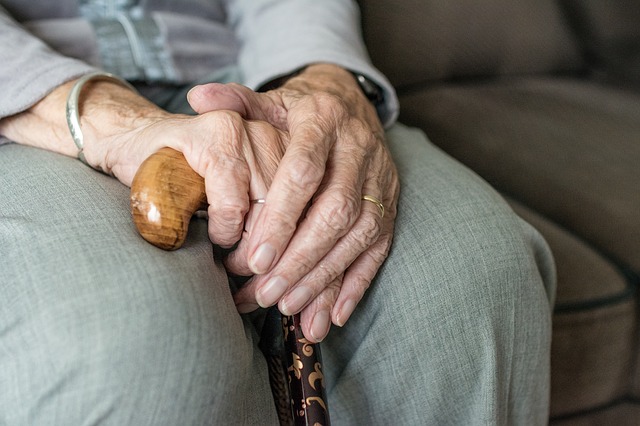
Will knee replacement fix arthritis?
After pondering for several sleepless nights, consulting wherever and whoever possible for weeks, months and even years it’s really difficult to come to a final decision. It is indeed very difficult to make up the mind for a surgery of this type. The situation even gets worse when you have mixed opinions.
Some doctor advises you to go for it immediately some may suggest delaying for a year. Even a few doctors would advise you to avoid it altogether. But ultimately it is you who has to bear it and have to take the final decision.
This article is focused on a person who is suffering from severe osteoarthritis (OA) knee pain and is in a confused state. We will try to answer a few questions related to total knee replacement which may facilitate preparing yourself psychologically.
Please note that this article is not intended to give you the decision about surgery. It’s an overview of the whole process to guide you through an informed decision.
So let’s get started.
Will knee replacement fix arthritis?
Being a
You will enjoy your pain-free life as
How knee replacement is done?
TKR or Total Knee Replacement is a surgical replacement of the damaged articular surface of the knee with an artificial implant in order to relieve pain and restore function. The damaged natural articular surface of the knee is replaced by an artificial metallic (or advanced material) articular surface.
Depending on the material quality of the implant the durability also differs. You can read more detail about this by clicking here.
How knee replacement works?
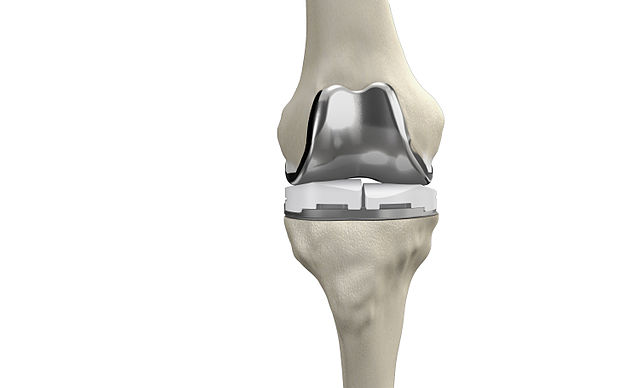
One of the main indications of TKR is irreversible osteoarthritis (OA) knee. In osteoarthritis knee, the smooth & lubricated articular surface becomes rough and dry. The smooth joint surface allows friction-less and painless joint movement.
Synovial fluid (lubricant) inside the knee joint becomes dry and the destruction process causes irreversible damage to the articular surface of the knee joint. When the diseased articular surface comes in contact with each other it produces severe pain. The severe pain can make walking almost impossible.
If the damage to the articular surface is not that severe, we can manage such pain with exercises and other pain control modalities. If the damage is very severe, there is no option left other than TKR. The severe damage condition usually appears at the age of late 60s for early 70s, although it is also rare in the late 50s.
How long knee replacement last?
The average life of a TKR implant is 10 to 15 years. But with the advent of modern technology and use of a highly sophisticated implant, the life could be extended up to 20 years.
When knee replacement is needed?
The best person to suggest to you about your eligibility for TKR is yourself and your Orthopedic surgeon. But here are a few points I would like to draw your attention to.
The average human life
Not yet clear? Ok! let us say you go for TKR at age of 65 and the durability of the
It means at least the period of the last 15 years of your life would be smooth and pain-free. The gist is if you happen to suffer from very severe OA knee pain at the age of 65 years, it’s an ideal condition and age for TKR.
Now, the question
At 55, our body has sufficient energy and power to respond to the exercises.
How would be my life after knee replacement
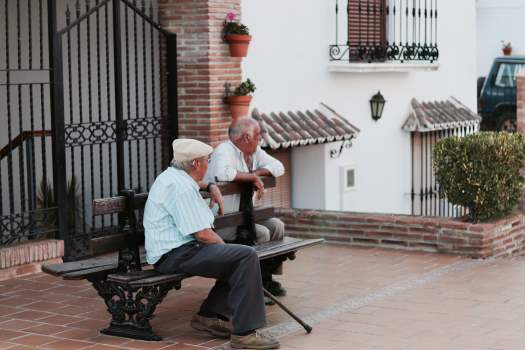
I do not have first-hand experience but I do deal with lots of TKR surgeries cases postoperatively, they come to me for physiotherapy. Here are the few important points I would like to draw your attention to so that you can have an informed decision. We will learn how actually you are going to feel after you have gone through the surgery.
Immediately after the surgery, you will have common pain related to the surgeries. There are few precautions and home tips to follow suggested by your surgeon. Home tips like the use of soft pillows, cold packs, analgesics and other things.
But one of the most important things would be the post-operative Physiotherapy sessions. You need to go for postoperative Physiotherapy sessions for at least 1 month. The physiotherapist would plan your exercise according to the surgery and as advised by the surgeon. I would not go deep into this as it’s
Your life will slowly come to normal by the 2nd or 3rd months and walking will become completely free pain. You would be able to carry out daily activities without the help of crutches or any walking aids. You can go for the morning walk at local Joggers Park and enjoy your gossip with per group.
But there are a few precautions you need to take care of for the rest of your life
- avoid cross leg setting
- squatting is a big no-no.
- always set on a stool or on a bed.
- avoid using the Indian toilet.
- avoid running or jogging ( at the age of 65 or 70 I think avoiding running and jogging is not a big concern).
Final words
As we have discussed in this article if your age permits, you have almost become bedridden, if your financial condition permits, I must say you should go for total knee replacement. In the latter days of your life, it at least helps you lead a pain-free life. You can enjoy your life with your family your friends going to the park sitting with your peer group.
If you have any question or if you disagree with any point, please feel free to drop a comment below.
Also Read: 9 Best Knee Rheumatoid Arthritis Exercises for Stiffness, Pain
The author is a physiotherapist who has been practising for the last 17 years. He holds a Bachelor's in Physiotherapy (BPT) from SVNIRTAR (Swami Vivekananda National Institute of Rehabilitation and Research), one of the prestigious physiotherapy schools in India.
Whatever he learns dealing with his patient, he shares it with the world through blogs and e-books. He also owns a YouTube channel, "Sunit Physiotherapist" with over 8 lakh active subscribers. Here, he shares everything he gets to learn serving the patient.
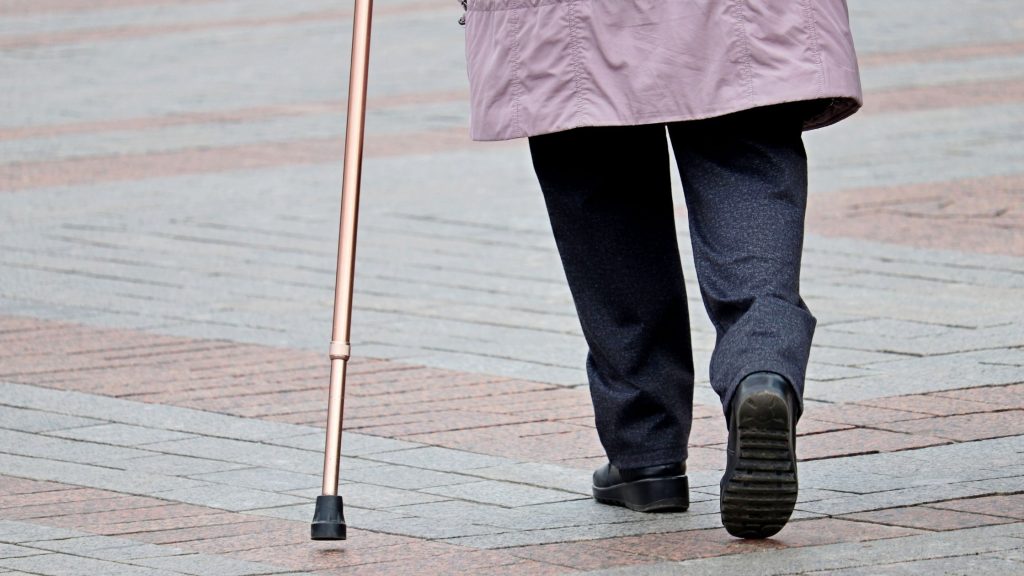
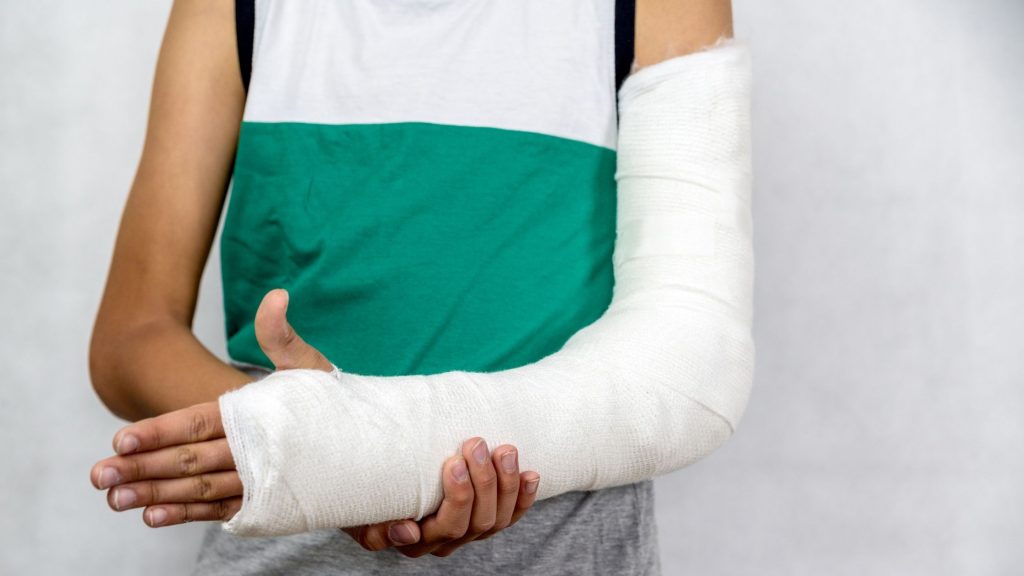
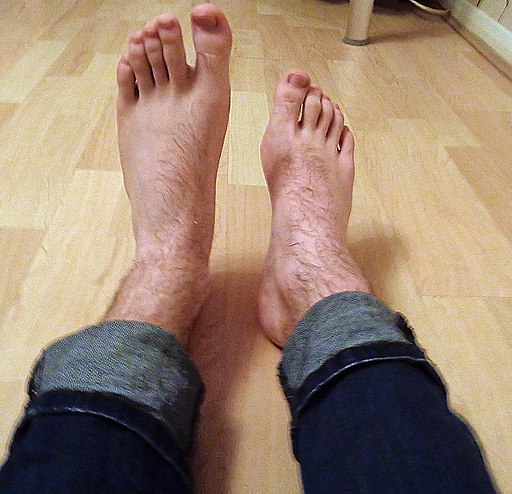
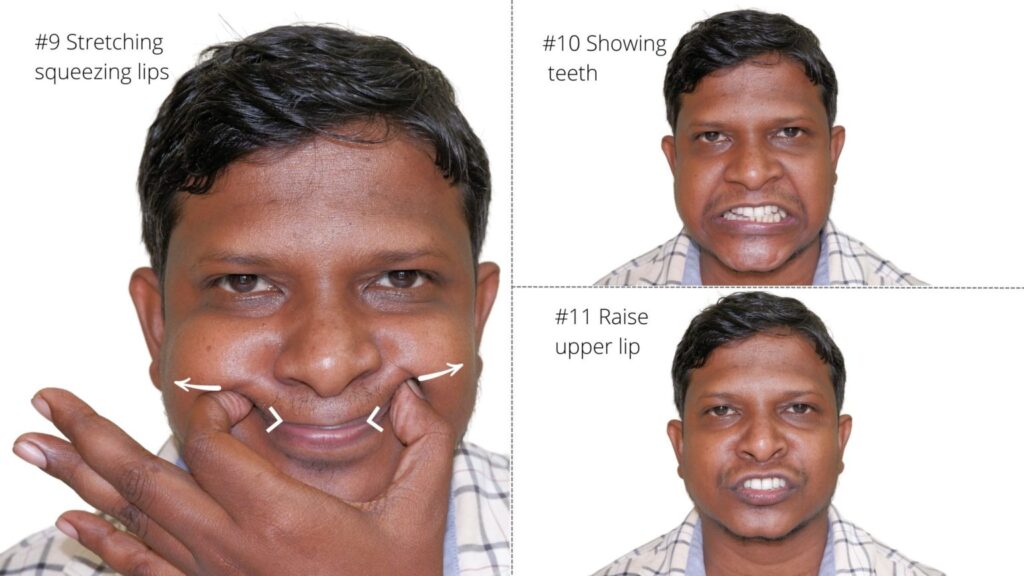


Pingback: Rheumatoid arthritis vs osteoarthritis: which arthritis is worse? - Physiosunit
I am in 8 weeks out from my left knee replacement surgery, Two weeks of home physical therapy (PT), and 6 weeks of outpatient PT. Two return doctor visits and an x-ray looked okay. But because of severe swelling, I struggle to reach the desired number 0/120. PT is concerned about how much the knee swells ankle to hip. It is hard to stand up without pushing up with arms. I am tired all the time and now my back is hurting from limping.